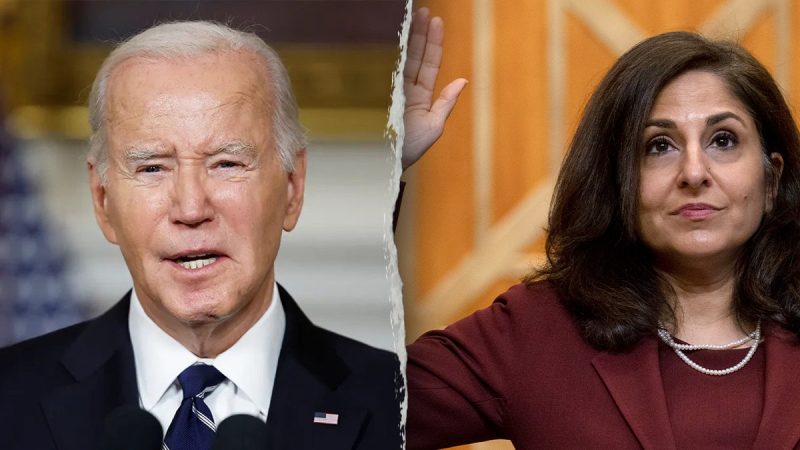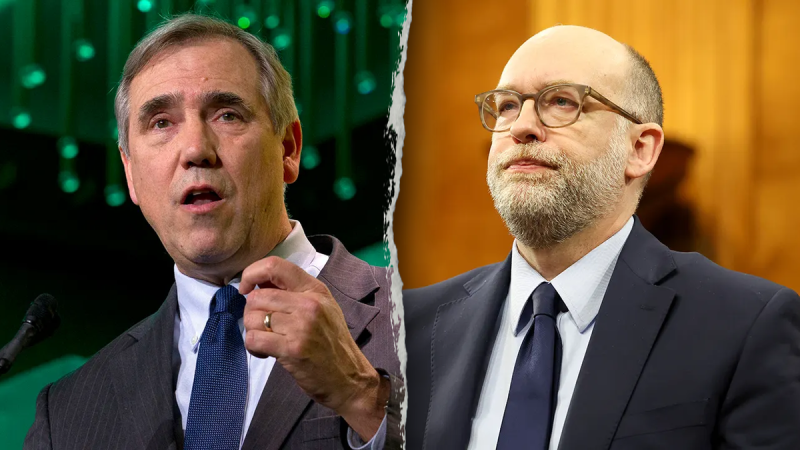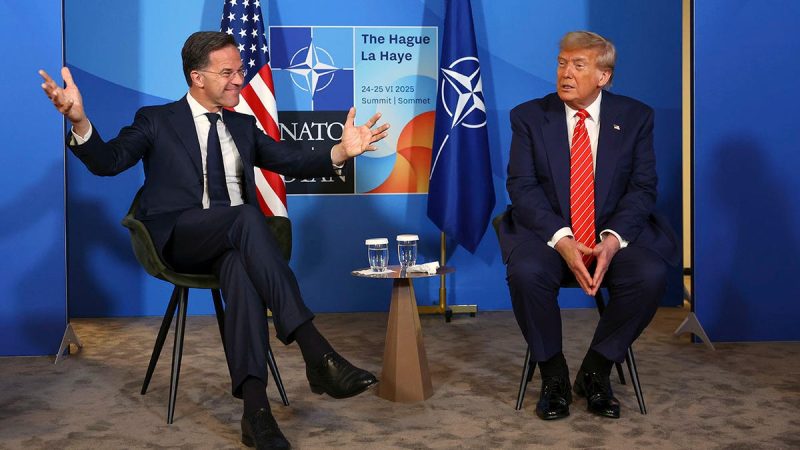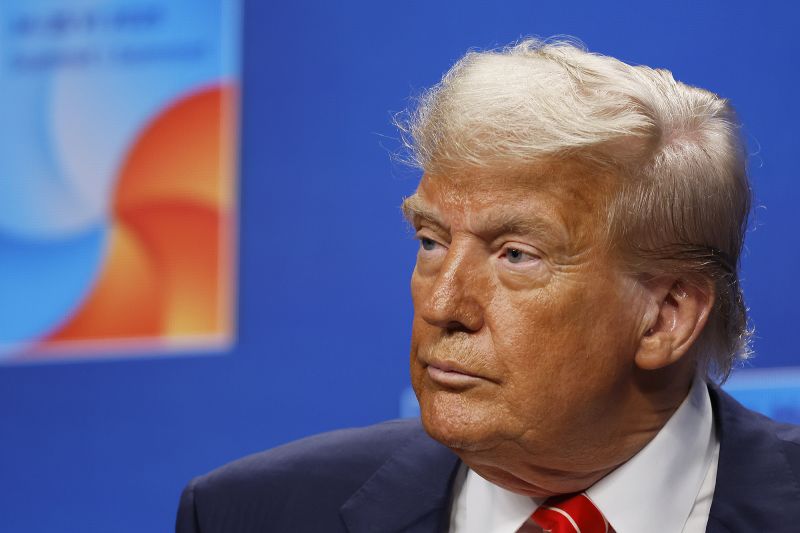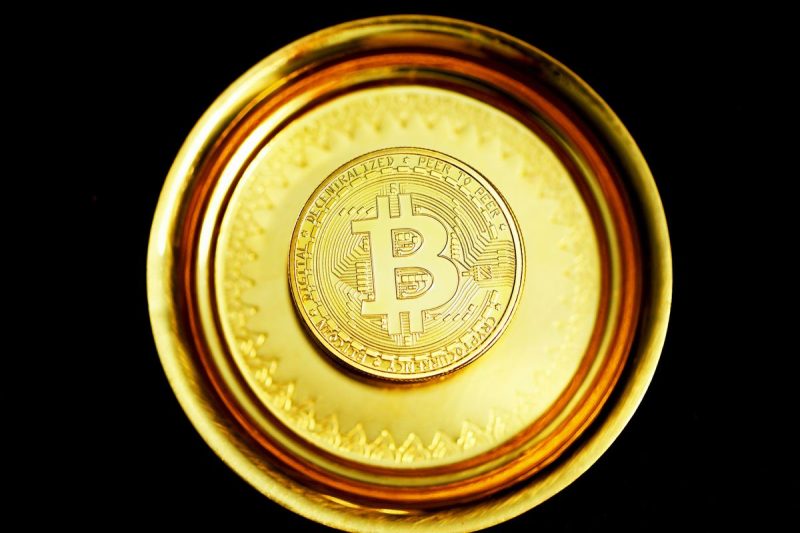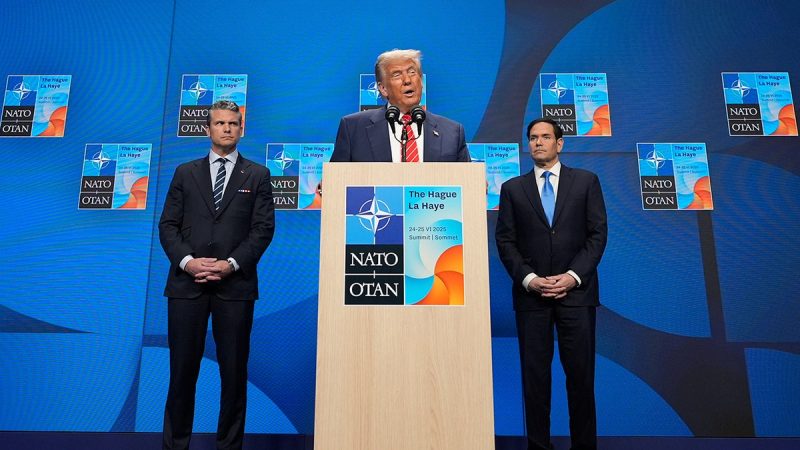
The Tennis Channel is extending its deal with the Women’s Tennis Association that will see the cable TV network and streaming service continue to broadcast more than 2,000 matches each season.
While terms of the deal weren’t disclosed, Tennis Channel CEO Jeff Blackburn told CNBC in an interview there was a “pretty big step up in our payments” to the WTA for the U.S. media rights, which includes international tournaments and the WTA Finals event. The new agreement lasts through 2032.
“Our goal and mission is to just cover pro tennis and the game of tennis like no one else, every day, every hour, all year round. There’s no offseason,” Blackburn said. “WTA plays a huge role in that and it was a big priority for me to make sure that we renewed our relationship and extend it as long term as we were able.”
The exclusive rights renewal comes as the Tennis Channel is in the midst of a transition on several fronts.
Last year, longtime Tennis Channel CEO Ken Solomon was ousted from the company. Blackburn stepped into the role in early May, following a 24-year career at Amazon, where he helped to build out Prime Video and expand the streaming service into sports, among other businesses.
Meanwhile, Sinclair, the owner of broadcast stations as well as the Tennis Channel, had recently considered offloading the network, CNBC previously reported. The parent company, however, is no longer exploring a sale of the Tennis Channel, particularly since Blackburn has taken the helm, according to a person familiar with the matter who spoke on the condition of anonymity to discuss nonpublic details.
In the backdrop, the Tennis Channel, like its network peers, is contending with the continued loss of customers from the pay-TV bundle. While live sports garner the biggest audiences — and leagues have reaped huge rights payouts as a result — media companies are focused on growing the profitability of their streaming businesses.
In 2014 the 24/7 tennis network took its first step into streaming with Tennis Channel Plus, and later in 2022 introduced Tennis Channel 2, a free, ad-supported streaming channel. While Blackburn said Tennis Channel 2 has been successful and attracted a younger audience, he is focused on beefing up the Tennis Channel’s recently launched direct-to-consumer streaming app.
The app, which launched in November 2024, costs $9.99 a month or $109.99 annually and offers the same programming as the pay-TV network. Media companies are increasingly offering the same live sports featured on pay-TV networks on their counterpart streaming alternatives — most notably with the launch of Disney’s flagship ESPN app later this year.
“What’s important about the partnership is that they’re committing to doing more with us,” said Marina Storti, CEO of WTA Ventures, the commercial arm of the WTA. “They’re committed to that increased exposure across all of their platforms. They’re committed to ensuring this kind of equal exposure for women and men, where they have the rights. And they’re making a significant commitment. There is a substantial increase in the rights fees, which is a big milestone for us as part of our plan and commitment to growing.”
The Tennis Channel’s agreement with the WTA covers a large swath of the WTA’s tournaments outside of North America through the season-closing WTA Finals.
The audience for WTA events on the Tennis Channel has been growing, particularly among the younger demographic. Viewership among 18- to 34-year-olds on the Tennis Channel has grown annually for each of the past two years, according to a news release.
The deal comes as American female tennis players have shot to the top of global rankings and women’s sports in general have seen a rise in popularity and investment funding.
Already in 2025, two American women have won two of the top majors: Madison Keys took the Australian Open in January, and Coco Gauff was crowned the winner of the French Open in June. Gauff and Keys will be among the participants at Wimbledon, which kicks off on Monday.
“Tennis is really the only major sport where the men’s and women’s game is on equal footing, and that’s really important,” said Blackburn. “I think for tennis it makes it unique. The growth of women’s sports overall? Maybe basketball and soccer will get there, but I think tennis is way ahead in terms of providing that for the fan.”
The Tennis Channel 2 free streaming option has earmarked every Tuesday as “Women’s Day” — showing only women’s match coverage — and Blackburn highlighted the network’s roster of heavy-hitting female talent, including former players and Hall of Famers Martina Navratilova and Lindsay Davenport, among others.
The deal extension also builds on WTA Ventures’ recent efforts to grow its commercial revenue and build the profiles of its athletes.
In 2023 the WTA formed a strategic partnership with private equity firm CVC Capital Partners, which invested $150 million for a 20% stake in the newly created WTA Ventures. The entity was formed to focus on growing commercial revenue through sponsorships and media rights deals, with the goal of tripling its revenue by 2029.
In 2024 WTA Ventures said it expected to increase revenue by 24% in its first full year.
The media rights extension marks the first renegotiation with the Tennis Channel under the WTA Ventures framework. The WTA’s long-standing media rights deal with streaming service DAZN expires at the end of next year, and talks have begun for new deals that would begin in 2027, said Storti.
WTA Ventures said its global audience surpassed 1 billion viewers on broadcast and streaming last season, and Storti said the U.S. is among one of the WTA’s biggest growth markets, along with China and Poland.
“We are a completely mass-market product that attracts hundreds of millions of fans across the world, and I would say we deliver a product that stands kind of shoulder to shoulder with the men counterpart,” Storti said.
The WTA has also recently emphasized improvements for players.
This year it’s has announced a paid maternity leave funded by the Saudi Public Investment Fund, as well as a new policy allowing players to protect their rankings during fertility treatments
Still, tennis is not without its issues of disparity. While the U.S. Open awarded equal prize money to men and women beginning in 1973, it was decades ahead of Wimbledon and other majors. And while equal prize money is given at the majors level, there’s still a considerable pay gap at lower-level tournaments.
The sport also drew criticism around the 2025 French Open when the majority of prime-time slots went to men’s matches.



